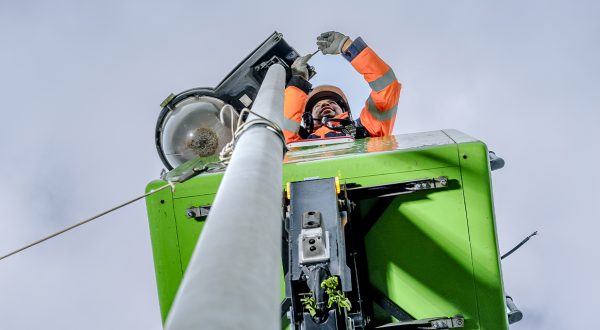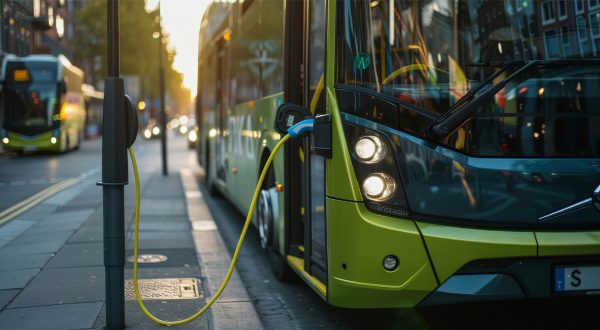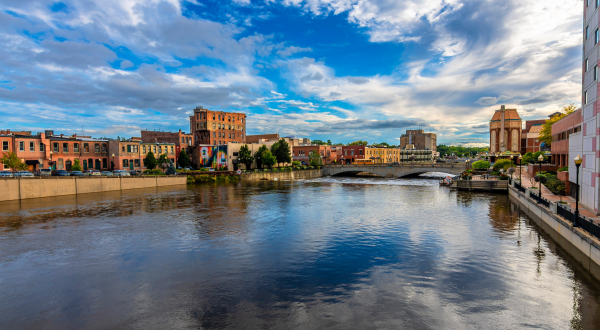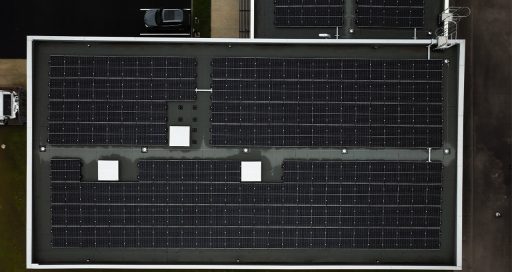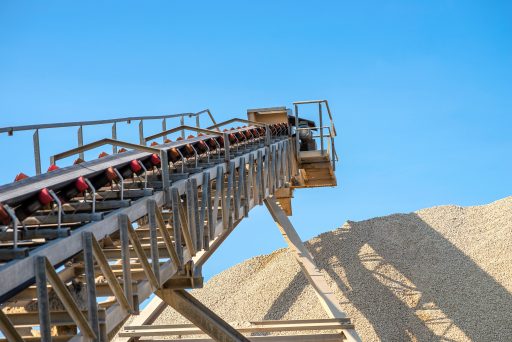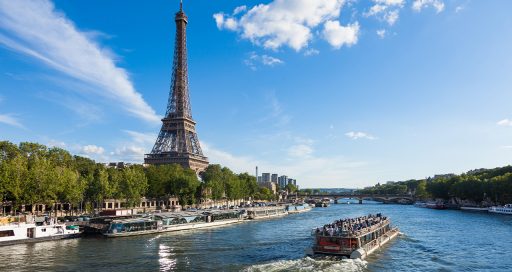With help from Cegelec City Solutions, the Austrian capital’s public transport company designed and built a stylish, self-powered shelter for the forecourt of one of the city’s metro stations.
![]()
Global warming means that greater metropolitan areas can feel like furnaces at certain times of year. The high population density and excessive paving-over of cities create urban heat islands where air and surface temperatures are significantly warmer, which can be particularly distressing at night.
This phenomenon not only affects inhabitants’ health and well-being, but also increases energy consumption due to air conditioning, makes city centres less inviting, and harms animal and plant biodiversity.
Against this background, The Austrian capital, Vienna, decided to turn the city-centre redevelopment of the Spittelau metro station forecourt into an opportunity to create an optimal comfort zone.
“We wanted to install additional lighting with no CO2 emissions, while making the site safer for the 70,000 people who pass through it every day, not counting bikes,” says Katharina Pucher, project lead and green infrastructure manager at Wiener Linien, Vienna’s public transport company.
Optimal comfort zone
Cegelec City Solutions Vienna, a VINCI Energies subsidiary, was selected through a call for tender in late 2020, and has created structures to provide users with shade and fresh air on hot days, shelter when it rains, and pleasant lighting by night.
Roman Tarnawski, Deputy Business Unit Manager at Cegelec City Solutions Vienna, explains: “In collaboration with Wiener Linien’s architect EGKK, we designed two different structures: one shaded seating area with a photovoltaic module powering integrated LED lighting, and another fitted with spray nozzles where plants provide the shade.”
Pilot project
The first system, equipped with photovoltaic panels, generates and stores energy in batteries, which is used at night to create a pleasant, reassuring halo of light. As Roman Tarnawski points out, “This type of structure needs no separate energy source to provide its electricity.”
“This shaded seating area equipped with a photovoltaic module needs no separate energy source to provide its electricity”
To design, develop and produce the photovoltaic modules for these shelters, Cegelec City Solutions Vienna, which was responsible for their technical implementation, turned to another VINCI Group business unit: Ertex Solar – an Austrian subsidiary of VINCI Construction.
“We produced and installed glass-glass [or double-glass – the stronger, more stable next-generation modules] solar panels that required us to develop a specific colour. We provided several samples so that Cegelec City Solutions and Wiener Linien could make their choice,” says Michaela Fink, Ertex Solar’s marketing manager.
The project was completed and installed in February 2021. “This is a pilot project, and we hope to develop others in the city,” says Katharina Pucher.
14/10/2021
